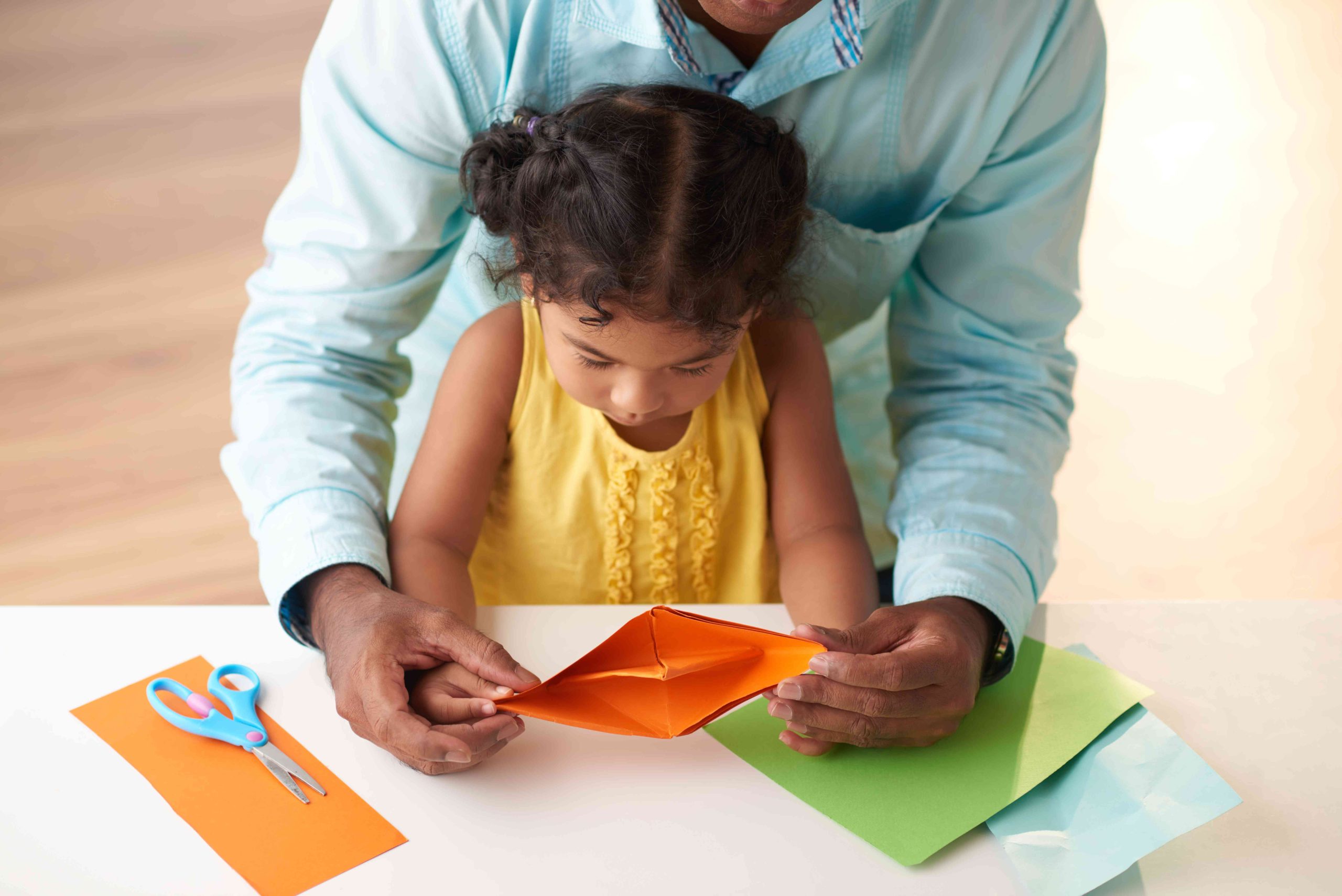
An Overview of Preschool Activities for Developing Skills
As caregivers of preschoolers, our primary responsibility is to ensure their holistic development. Providing them with opportunities to develop essential skills in a conducive environment is key to their success. Preschool activities play a crucial role in fostering the development of various skills in young children.
Physical Activities
Physical exercises are vital for enhancing gross motor skills such as coordination, balance, and agility. Preschoolers enjoy activities like outdoor play, dance classes, yoga, and obstacle courses, which contribute to their physical development.
Cognitive Exercises
Cognitive activities support the development of logical reasoning, memory, attention, and language skills in preschoolers. Puzzles, board games, sorting and matching activities, and building blocks are effective in stimulating cognitive growth.
Social Engagements
Social activities help preschoolers learn empathy, collaboration, communication, and emotional control. Playdates, puppet shows, dramatic play, and cooperative games foster social skills and healthy relationships.
Emotional Endeavors
Emotional activities aid in developing self-awareness, self-regulation, empathy, and resilience in preschoolers. Meditation, emotion cards, art therapy, and affirmations are effective techniques for emotional skill development.
Creative Exercises
Creative activities nurture preschoolers’ imagination and artistic abilities. Drawing, painting, music, singing, crafts, cooking, and baking provide avenues for self-expression and creativity.
In conclusion, preschool activities are essential for the overall development of children. By incorporating a variety of activities into their daily routine, caregivers can help preschoolers acquire essential skills for future success. It’s important to remember that each child is unique, and activities should be tailored to their individual needs and interests.
Furthermore, it’s vital to provide a safe and stimulating environment that encourages exploration and learning. Parents, guardians, and caregivers should actively participate in activities with preschoolers, offering support, encouragement, and constructive feedback.
Remember, preschoolers learn best through play and discovery. Therefore, it’s essential to foster a culture of curiosity and exploration. By engaging in meaningful activities and creating memorable experiences, caregivers can help preschoolers thrive and reach their full potential.


